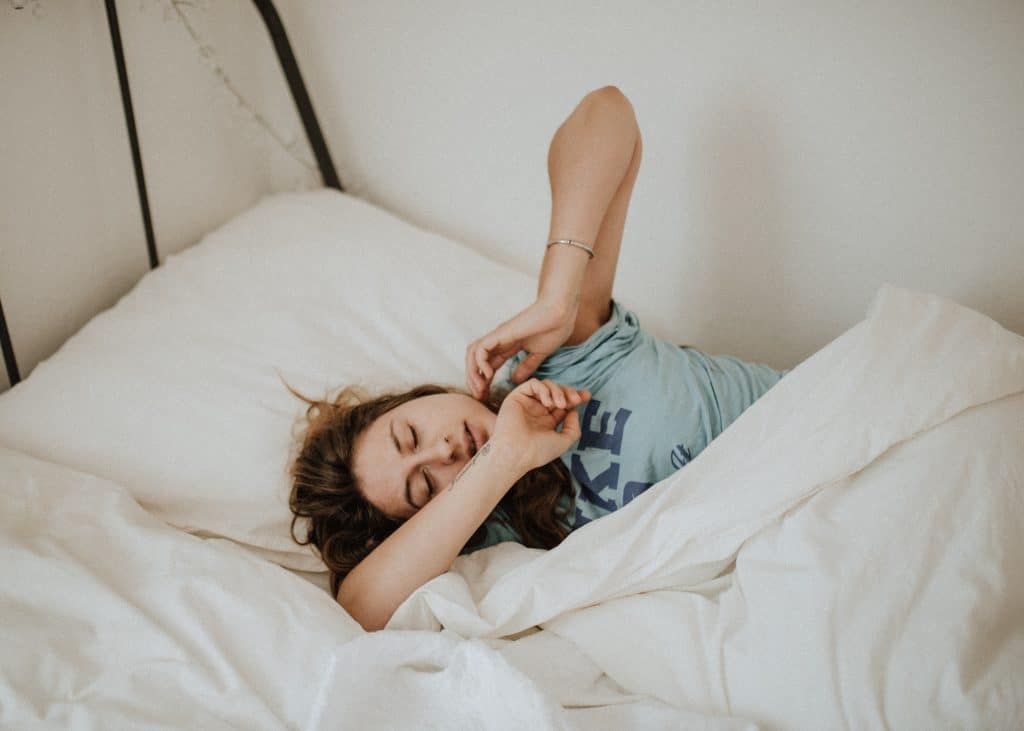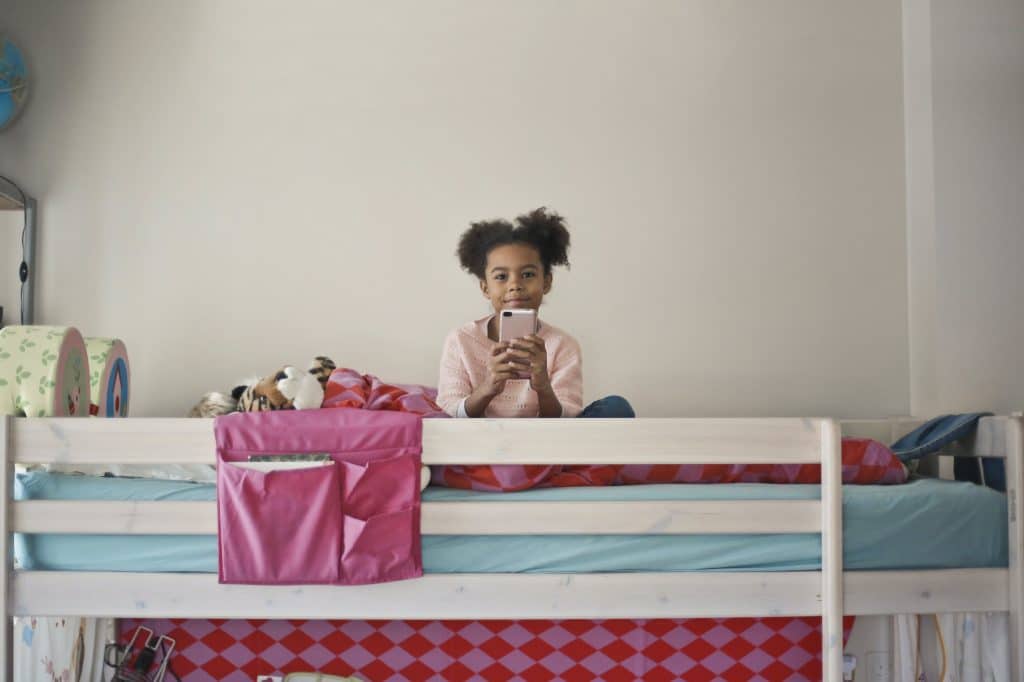As a parent of a child with ADHD, you may have noticed that bedtime can be a real challenge. Your child might toss and turn, unable to fall asleep, or wake up frequently throughout the night. This leaves you wondering, “Does ADHD affect sleep?” You’re not alone in your quest for answers, and we’re here to help. In this blog post, we’ll explore the complex relationship between ADHD and sleep, discuss common sleep issues faced by neurodivergent kids, and provide actionable tips to help your child get a good night’s rest. By understanding the connection between ADHD and sleep, you can better support your child’s well-being and ensure they have the energy to tackle each day with enthusiasm.
Table of Contents
Understanding the Link Between ADHD and Sleep
Research indicates a strong connection between ADHD and sleep problems. In fact, up to 70% of kids with ADHD experience sleep disturbances. The reasons behind this connection are complex and can be attributed to various factors.
Here are some key factors that contribute to sleep issues in kids with ADHD:
- Neurological differences in brain function
- Side effects of ADHD medications
- Coexisting conditions, such as anxiety or depression
- Behavioral issues related to ADHD symptoms
By understanding these factors, you can better support your child’s sleep needs and improve their overall well-being.
Common Sleep Issues in Kids with ADHD
So, does ADHD affect sleep? Absolutely, and in various ways. Here are some common sleep issues faced by kids with ADHD:
- Difficulty falling asleep: Kids with ADHD often have trouble settling down at bedtime due to hyperactivity or racing thoughts.
- Restless sleep: They may toss and turn throughout the night, making it difficult to achieve restorative sleep.
- Nightmares and night terrors: These can be more common in children with ADHD, leading to disrupted sleep.
- Sleep apnea: Some studies suggest that kids with ADHD are at a higher risk of developing sleep apnea, a condition that causes brief pauses in breathing during sleep.
- Delayed sleep phase syndrome: This is a circadian rhythm disorder where the individual’s sleep-wake cycle is delayed, making it difficult to fall asleep and wake up at conventional times.

Read more: ADHD Sleep Issues | What to Know and How to Help
Addressing these sleep issues is crucial for your child’s overall health, academic performance, and emotional well-being.
Helping Your Child Sleep Better: Practical Tips
Now that we’ve established that ADHD does affect sleep, let’s explore some practical tips to help your child get a better night’s rest.
Create a Consistent Sleep Routine
Establishing a regular bedtime routine can help signal to your child’s brain that it’s time to wind down and prepare for sleep. This routine may include activities such as:
- Reading a book
- Taking a warm bath
- Listening to calming music
- Practicing relaxation techniques, such as deep breathing or progressive muscle relaxation
Make sure to keep the routine consistent and start it at the same time every night. Consistency is key to helping your child develop healthy sleep habits.

Read more: ADHD Child Having Trouble Sleeping?
Limit Screen Time Before Bed
Electronic devices emit blue light, which can interfere with the production of melatonin, the hormone responsible for regulating sleep. Encourage your child to turn off screens at least an hour before bedtime to promote better sleep. Instead, consider engaging in screen-free activities like reading or playing board games to help them wind down.
Optimize the Sleep Environment
A comfortable and relaxing sleep environment can make a significant difference in your child’s sleep quality. Consider the following tips:
- Keep the room cool, dark, and quiet
- Invest in a comfortable mattress and pillows
- Use blackout curtains or a white noise machine to block out distractions
Creating a sleep-friendly environment can help your child feel more at ease and ready for a restful night.
Encourage Physical Activity
Regular physical activity can help kids with ADHD expend excess energy and improve sleep quality. Aim for at least 30 minutes of exercise per day, preferably outdoors to benefit from natural sunlight exposure, which helps regulate the sleep-wake cycle. Activities like swimming, biking, or playing soccer can be both fun and beneficial for your child’s sleep.
Consult a Healthcare Professional
If your child’s sleep issues persist despite your best efforts, it’s essential to consult a healthcare professional. They can help identify any underlying issues and recommend appropriate treatments or interventions. Don’t hesitate to seek professional help when needed.

Try Goally For Your Child With ADHD
Goally is an excellent option for many families that have a child with ADHD. Use game play as a points-based motivator for your kiddo with ADHD, help them learn emotional regulation skills, and watch them grow! It’s simple to set up and has an expert-informed design.
In summary, ADHD does affect sleep, and addressing sleep issues is crucial for your child’s well-being. By understanding the connection between ADHD and sleep, implementing a consistent sleep routine, limiting screen time, optimizing the sleep environment, encouraging physical activity, and seeking professional help when needed, you can support your child in achieving better sleep and improved overall health. Remember, a well-rested child is a happier, healthier, and more successful child.
This post was originally published on 05/08/2023. It was updated on 08/14/2023.

Goally
We help parents teach their kids life skills, like doing bedtime and morning independently. Backed by science, we incorporate evidence-based practices and expert-informed designs in all of our apps and content.





